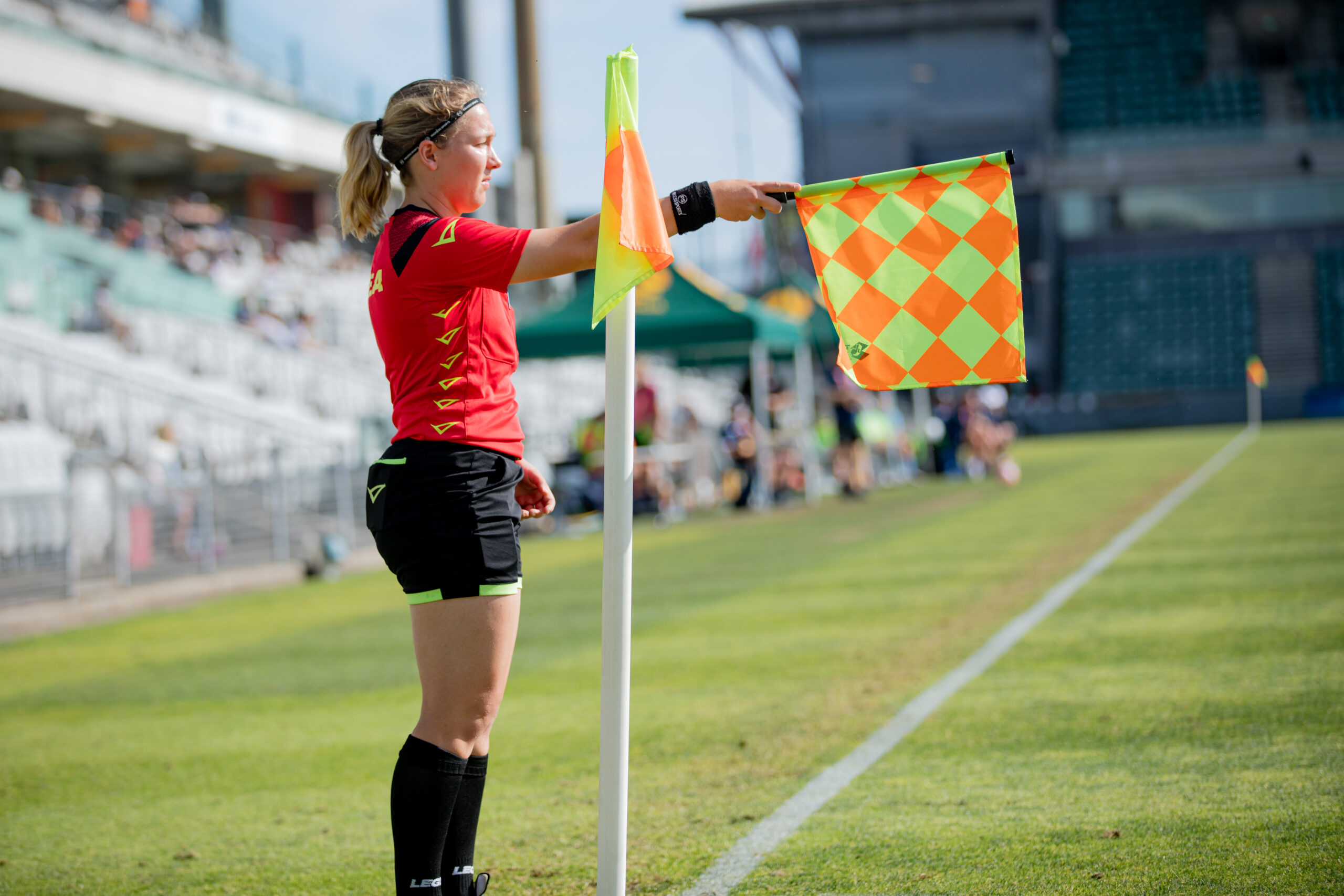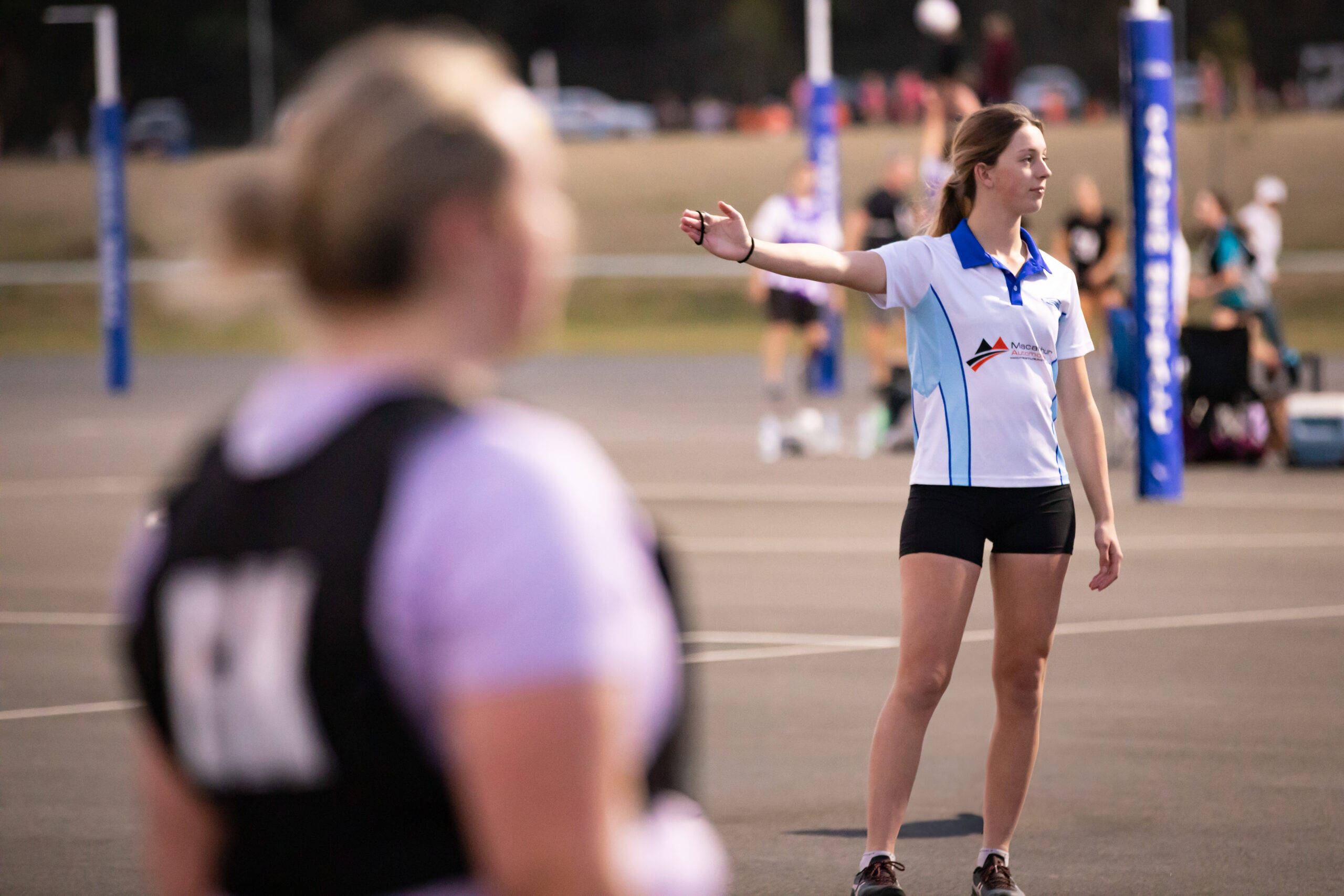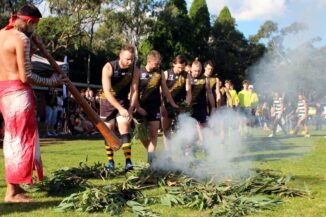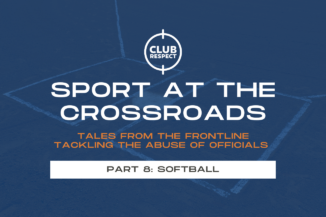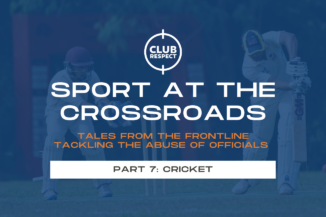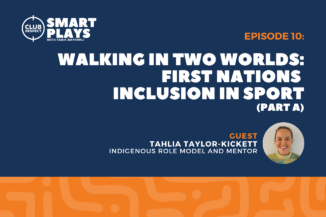A line in the sand for match officials: Q&A with Cameron Tradell (Part 2)
I genuinely see sport as its own ecosystem with regard to leading society. It's like a hotbed or a heightened example of where human interaction gets put to the test, where you've got people ‘passionate’, about their sport, under fatigue and under pressure. All in a short timeframe, with the expectation or pressure to win. There is a really good window in sport to show how we should act in wider society.
A line in the sand for match officials: Q&A with Cameron Tradell (Part 1)
So when I say a 'line in the sand moment', it means everything we do from now on as we move forward will be using this modern approach. It includes a multifaceted approach to 'let's not blame the victims’ and let's start to look at how we support people by placing things around them and pulling on the levers that currently exist.
Game On: Reconciliation in action through sports
Sporting clubs and associations have many ways to contribute to reconciliation efforts, by challenging the norms we’ve previously accepted in our sporting environments and taking action towards change. By encouraging community sports clubs to transition from being mere allies to becoming active accomplices, we can collectively contribute to a more inclusive and equitable sporting culture.
Squeezing out bad behaviour from the sidelines
A question I've been asking myself recently is: who is ultimately responsible for removing a person who relentlessly abuses from the sidelines week-in, week-out?
Sport at the crossroads: Softball’s culture of umpire respect
However, a significant concern for him is the shortage of high-level umpires, particularly those transitioning from playing to umpiring. “You don't get enough players finishing playing and then coming and umpiring. It's hard to draw them in,” he notes, highlighting a gap that affects the quality and availability of experienced umpires.
Sport at the crossroads: Cricket calling stumps on umpire abuse
Whilst umpiring in cricket at the international level is now a high-tech dance of ball tracking technology and player challenges influencing the outcome of decisions, at grassroots level, umpiring the game has remained essentially the same for centuries, with the captains crucial to maintaining the ‘the spirit of the game’ and a code of conduct governing player behaviour that crosses ‘the line’.
Revolutionising sports uniforms for women & girls
In this episode, we speak with Professor Clare Hanlon, who argues that respect is about giving choices and that women and girls must feel confident and comfortable stepping onto the field of play.
Walking in two worlds: First Nations inclusion in sport (Part B)
In this episode, we speak with Jacara Egan about support for First Nations athletes 'walking in two worlds' and the challenge for clubs wanting to create an inclusive environment.
Walking in two worlds: First Nations inclusion in sport (Part A)
In this episode, we speak with Tahlia Taylor-Kickett, a role model and leader for the NT Yapas football team and mentor for elite athletes with the Australian Institute of Sport's Share-A-Yarn initiative.
The scourge of match official abuse
In this episode, we speak with Patrick Skene about the scourge of match official abuse, what sports codes are doing in Australia and the global movements pushing for respect.
